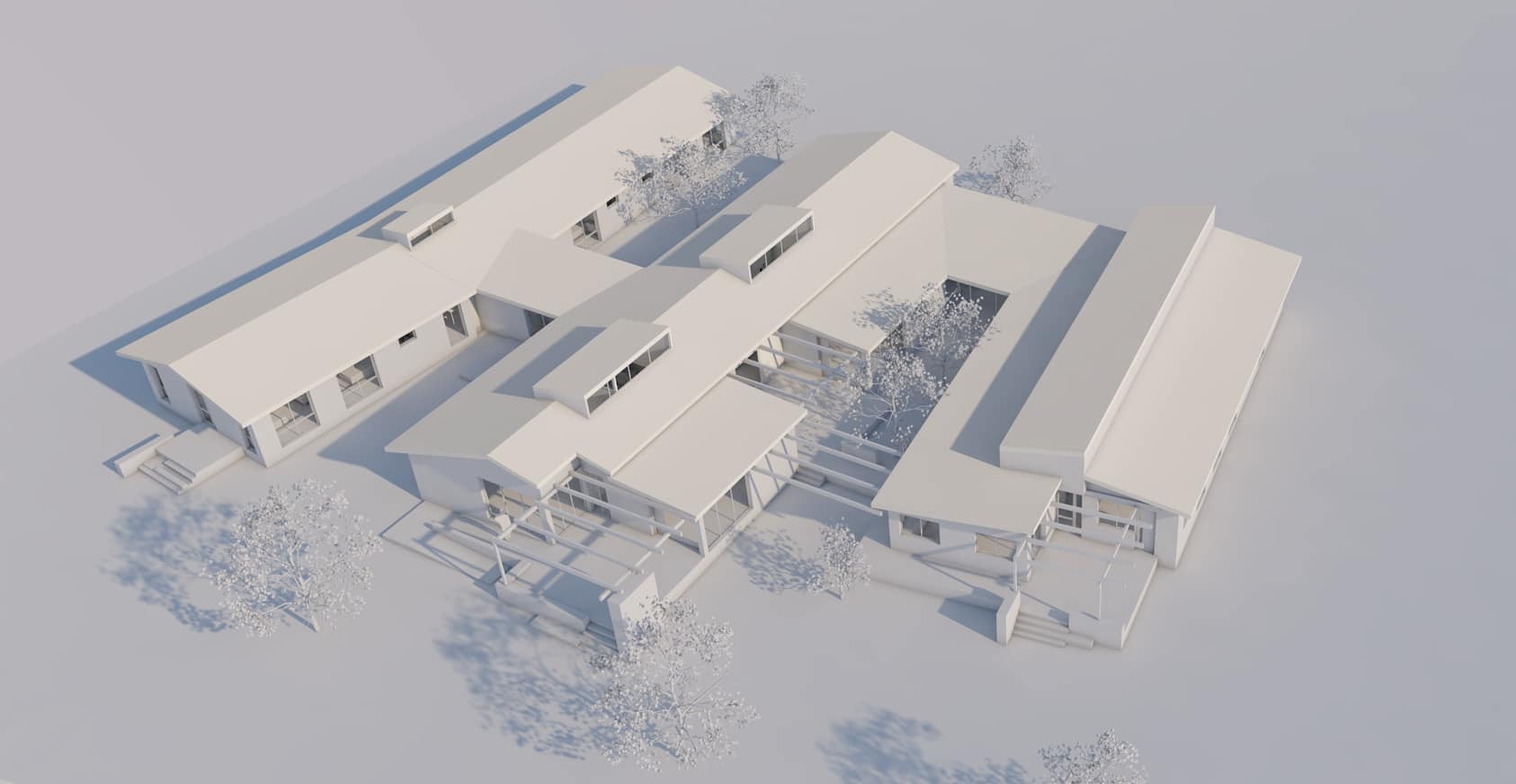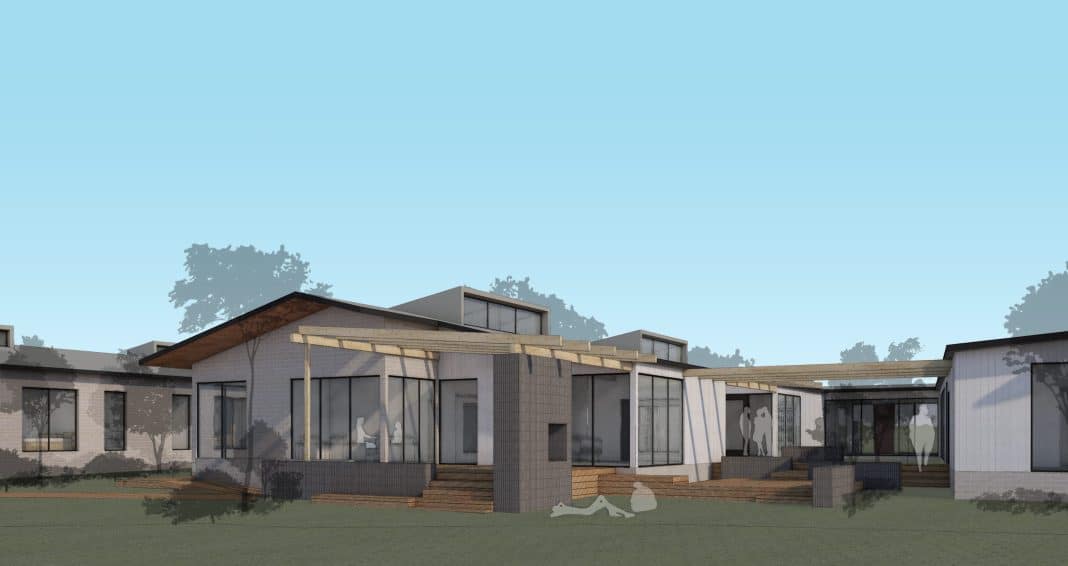The ACT’s long-awaited Residential Treatment Centre for eating disorders is expected to be built next financial year.
Emma Davidson, ACT Minister for Mental Health, unveiled draft designs at the Molonglo Valley Community Forum August meeting last night.
The Centre will provide a home-like environment with specialised support for people with eating disorders, their families, and carers on their recovery journey, including nutritional and psychological care so people can develop healthy relationships with food and exercise. It will be free for those who need to use the service.
The facility is on track to be completed in 2023/24.
The Preliminary Sketch Plan Phase is underway, part of the development application process, which will be submitted later this year. ACT Health will then consult clinicians, non-government organisations, people with lived experience of eating disorders, and the wider Canberra community. ACT Health Directorate expects to lodge a Development Application later this year.
Collard Clarke Jackson Canberra was awarded the contract in February.
- ACT residential eating disorder facility design tender awarded (20 February)
- Tender opens for eating disorders facility (18 November)
Eating disorders advocate Kate Steen, a lawyer diagnosed last year with anorexia, said the draft designs were promising.
“I hope the facility will be a calm, grounding place of reflection, connection, and healing,” she said. “It certainly appears from the draft designs that this is the intent.”
Last year, Ms Steen launched an e-petition calling on the ACT Government to deliver the long-awaited residential facility, which the Commonwealth Government announced it would fund in 2019. That money will be funded over three years, beginning this financial year.
- Petition calls for improved eating disorder services in the ACT (14 September 2021)
- Eating disorder petition will be tabled this week (30 September)
“The release of the draft designs is a small, positive step in the right direction,” Ms Steen said. “It’s great that the community is being brought along on this journey and can see that progress is occurring. It would be more heartening if the process was further along.
“I encourage decision makers to reflect on the urgency they are hearing from the Canberra community about the need for this facility to be operational sooner rather than later, and to consider that those who may benefit from it the most may not be vocal in this discussion.”
More than 17,000 Canberrans might suffer from an eating disorder – but those seeking help might wait almost a year to see a specialist, and there are no inpatient facilities in the ACT. People with eating disorders were six times more likely to die prematurely than the wider population; people with anorexia nervosa (Mrs Steen’s condition) had the highest mortality rate of all psychiatric conditions; and eating disorders had increased in the ACT.
Ms Davidson says this Centre is part of a broader stepped model of care for eating disorders across the ACT.
“The ACT Government is focused on the design and implementation of eating disorder services through a stepped care model, so that everyone can access the right support at the right time. The centre will provide a more intensive, residential service for people who may sit between low-level community care and acute clinical care.”
The ACT Government launched the Eating Disorders Clinical Hub in January to improve coordination of resources, services, and expertise to ensure people with eating disorders are quickly connected with health and community services that best support their individual needs.
“I authored the petition a year ago, and am in a very different place now,” Ms Steen said. “I owe a lot to the STRIDE Program. To all Canberrans living with eating disorders – you are worthy of recovery and recovery is possible.”
- New central hub in ACT for eating disorders (25 January)
The community-based Early Intervention Service is open for tender. It is anticipated to launch in 2022/23 to provide care for people while they are still at, or returning to, home.
Ms Davidson and ACT Health officials visited the only other operational residential eating disorder facility in Australia last month, the Wandi Nerida facility in Queensland, to learn how to best support people on their recovery journey and commence the next stage of more detailed designs.
“It was wonderful to see how the Wandi Nerida facility replicates a home-like environment where people in need can access practical support and management strategies,” Ms Davidson said. “It highlights, through experience, that this type of care helps more people get the support they need to live well back home and in their community.”
If you, or anyone you know, is experiencing an eating disorder or body image concerns, contact the Butterfly Foundation National Helpline on 1800 33 4673 (ED HOPE) or visit butterfly.org.au
Visit the Eating Disorders Clinical Hub for more information about public eating disorder services available in the ACT.





